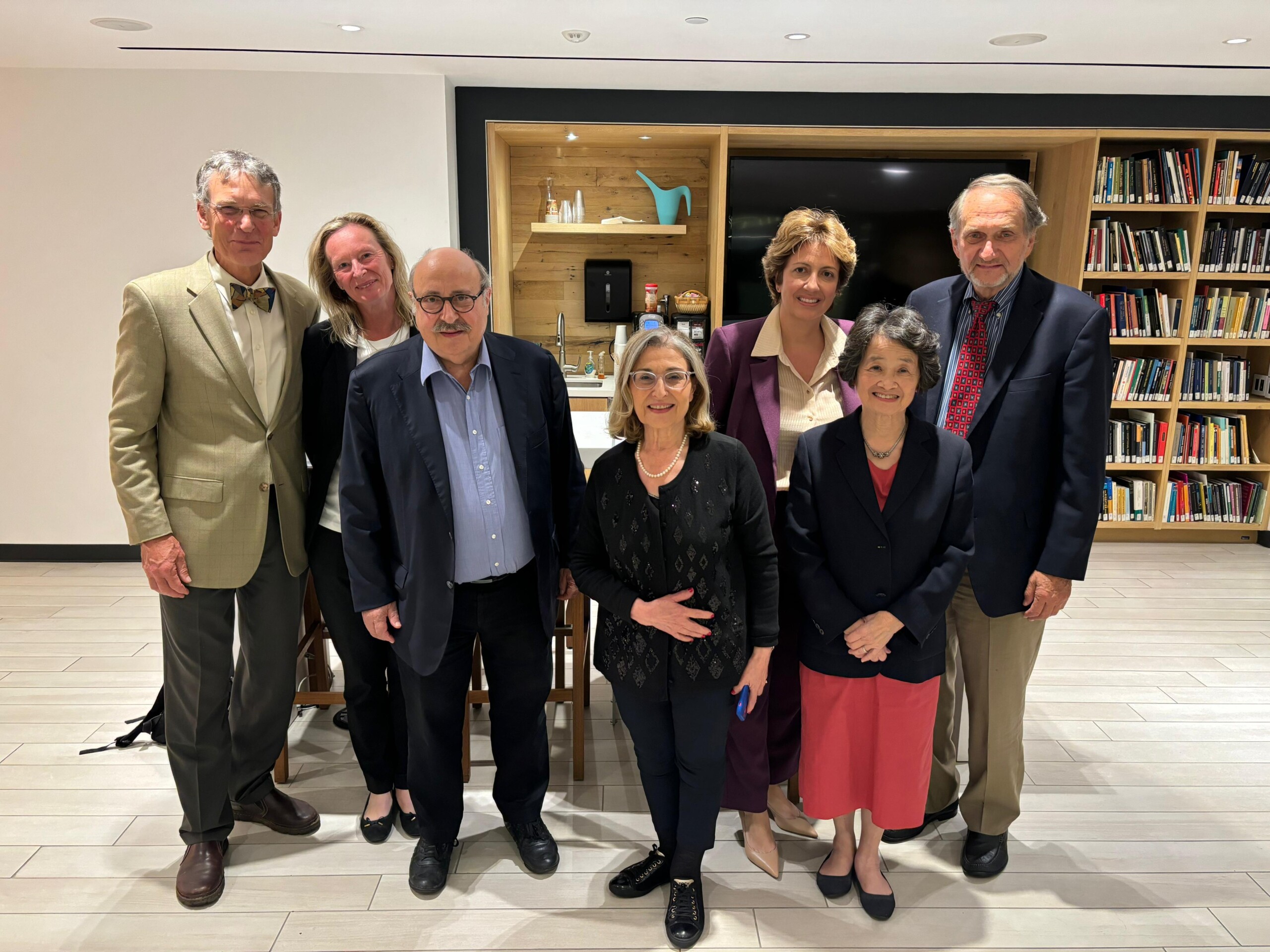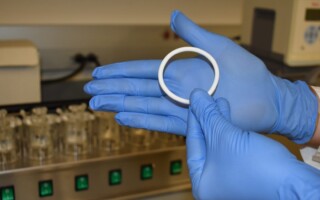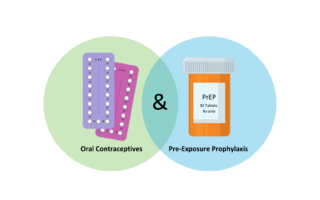
Established by the Population Council in 1970, the ICCR is an international advisory board that contributes to the development of new contraceptives and reproductive medicine.
Today, women of reproductive age can choose between many contraceptive options. However, no single method meets the needs of every woman and contraceptive options for men remain limited to condoms or vasectomy. Continued development of new contraceptive options is essential to ensuring access to an expanded method mix and contraceptive choice.
The Population Council’s International Committee for Contraception Research (ICCR) is a global network of clinical scientists, endocrinologists, gynecologists, andrologists who bring novel concepts to clinical development and strengthen leadership within the sexual and reproductive health community. Together with Population Council scientists, the ICCR designs new contraceptive concepts and technologies and provides guidance on contraceptive development priorities. In addition to conducting contraceptive research, the committee has strengthened the research capacity of clinical centers globally by building a scientific infrastructure of well-trained professionals.
Members of the ICCR and their colleagues at cooperating universities and clinics work closely with the Population Council’s Center for Biomedical Research to design delivery systems and prototypes and provide guidance on products under development. Clinics are selected for their expertise, their commitment to reproductive health care, and the high quality of their research with a rigorous adherence to ethics at every step of the testing process.
Current members of the ICCR include:
- Régine Sitruk-Ware, ICCR Chairperson, Population Council, USA
- Philippe Bouchard, University of Paris, France
- Vivian Brache, PROFAMILIA, Dominican Republic
- William Bremner, University of Washington, USA
- Kristina Gemzell-Danielsson, Karolinska Institute, Sweden
- Jeffrey T. Jensen, Oregon Health & Science University, USA
- Stephanie Page, University of Washington, USA
- Carolina Sales Vieira, University of São Paulo, Brazil
- Christina Wang, UCLA School of Medicine, USA
In addition to extensive support from the Population Council, the ICCR has received previous support from the Ford Foundation, Hewlett Foundation, USAID, and the University of California, San Francisco.
Through its work with the ICCR, the Population Council Center for Biomedical Research has developed long-acting, reversible contraceptives, including ParaGard® and Mirena® IUDs; Norplant® and Jadelle® implants; and Progering® and Annovera® vaginal rings. It is currently estimated that 170 million women worldwide are using a highly effective contraceptives developed by the Council or related to our technology.
In collaboration with the ICCR, the Population Council developed a one-year vaginal contraceptive system, Annovera®, which was approved by the U.S. Food and Drug Administration in August 2018. Left in place for 21 days and removed for 7 days, it is indicated to prevent pregnancy for up to a year and does not require refrigeration, which is particularly important for distribution and use in low-resource settings.
The ICCR, in close collaboration with the National Institute of Child Health and Human Development (NICHD), is also developing several products, including a Nestorone/Estradiol vaginal ring and a Nestorone/Testosterone gel for male contraception. In addition, a Nestorone-only vaginal ring project will be launched soon.




